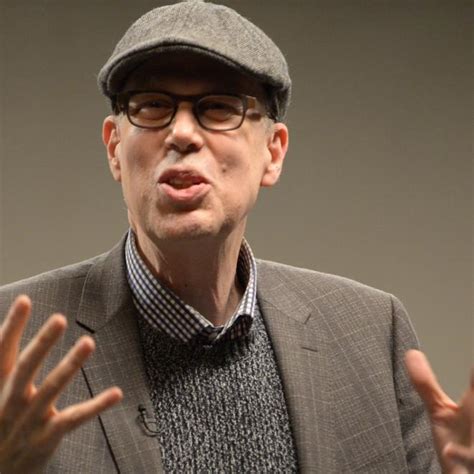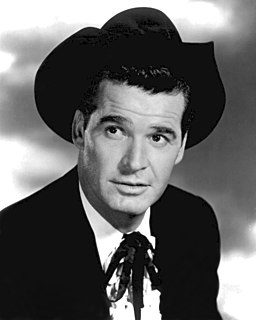A Quote by Tina Fey
If you care about [the characters] as if they were real, that always helps.
Quote Topics
Related Quotes
You must create the character's internal life. What do I mean by internal life? I mean the thoughts, feelings, memories, and inner decisions that may not be spoken. When we look into the eyes of actors giving fully realized performances, we can see them thinking. We're interested in what they're experiencing that may never be spoken, that quality of nonverbal expression - which is as much a part of the characters as breathing and as real as what they say and do. This is their internal life. It helps us believe in the characters and care about them.
Part of what my work has always been about is to show that the apocalyptic character of the gospel makes the everyday possible. It gives us the time that lets us care for one another as we are ill, helps us care for one another as we experience broken relationships, and helps us take the time to worship God in a world of such violence.
So the fact that there's someone who's planning what happens to the characters, writing it down, means that the characters always have a fate. And when we think about fate, we tend think of it as the thing we would have if we were literary characters, that is, if there were somebody out there, writing us.
You put on a face for the public. The face isn't false; it's just another side of you. If it were false, you couldn't last. People want something real and natural, and if they catch you acting, you're dead. It has to look real. In order to look real, it has to be real, and I've always thought of the characters I've played as real people.

































